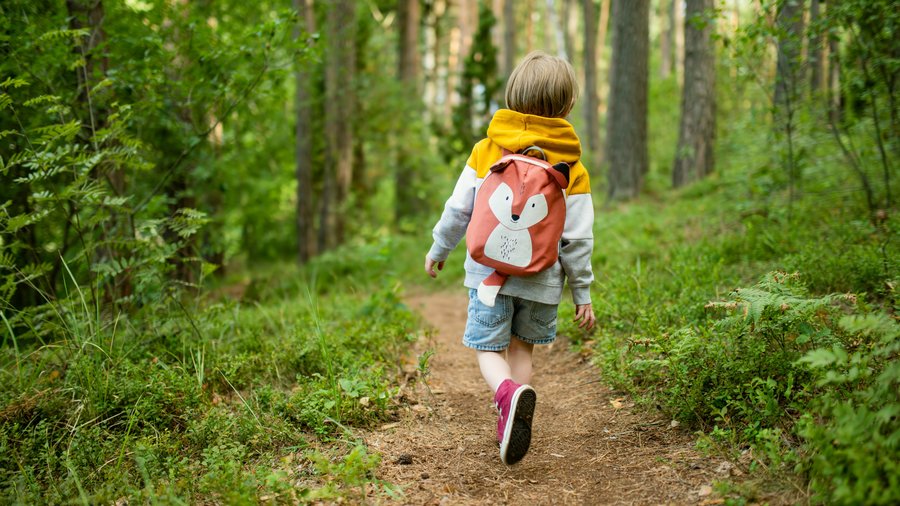This article was written by Salzburg Global Fellow Kathryn Scott, who attended the Salzburg Global "Nature-Based Education: Time for Action" session in September 2025.
-
Topics
backTopicsOur programs create spaces where open-minded leaders can gather for breakthrough conversations on pressing global issues – each aligned to one of the following pillars:
-
Events
backEventsExplore the variety of events Salzburg Global hosts within Austria and in the rest of the world. Learn more about our programs and what else happens at Schloss Leopoldskron.Upcoming EventsFeb 05 - Feb 07, 2026Peace & JusticeDisruption and Renewal: Charting the Future of the International Rule of Law, Democracy, and PluralismSalzburg Cutler Fellows Law ProgramApr 13 - Apr 18, 2026CultureCreating Futures: Rethinking Cultural Institutions, Infrastructure, and InvestmentCulture, Arts and Society
- Insights
-
Fellowship
backFellowshipSince 1947, more than 40,000 people from over 170 countries have participated in Salzburg Global's sessions. Collectively, these alumni are known as Salzburg Global Fellows.
-
About Us
backAbout UsSalzburg Global is an independent, non-profit organization committed to creating spaces that overcome barriers and open up a world of better possibilities.Our Approach
-
Support Us
backSupport UsYour generosity helps us gather open-minded leaders for breakthrough conversations, while creating space for dialogue that overcomes barriers and opens up a world of better possibilities.
- Donate



